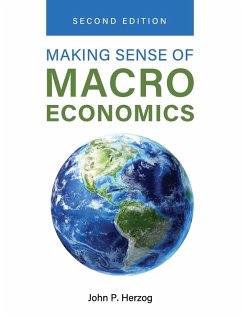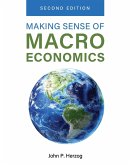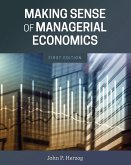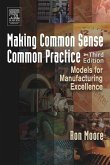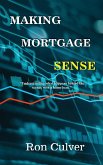Making Sense of Macroeconomics provides students with a comprehensive introduction to the study and application of economics at the macro level. The book begins with an in-depth overview of macroeconomics, including why we study economics, the government's role in macroeconomics, the requirements of a good economy, and more. In later chapters, students learn about the production of goods, the laws of supply and demand, inflation, employment and unemployment, and various economic theories. Additional chapters address gross domestic product, multipliers, government spending and deficits, banks and other financial institutions, and the supply and demand of money. The text closes with a chapter dedicated to international economics. The second edition features new and updated tables and images throughout the text to clarify key concepts and ensure all macroeconomics data is relevant and up-to-date. Designed to serve as a complete and highly practical guide to the discipline, Making Sense of Macroeconomics is an ideal resource for foundational courses in macroeconomics.
Hinweis: Dieser Artikel kann nur an eine deutsche Lieferadresse ausgeliefert werden.
Hinweis: Dieser Artikel kann nur an eine deutsche Lieferadresse ausgeliefert werden.

